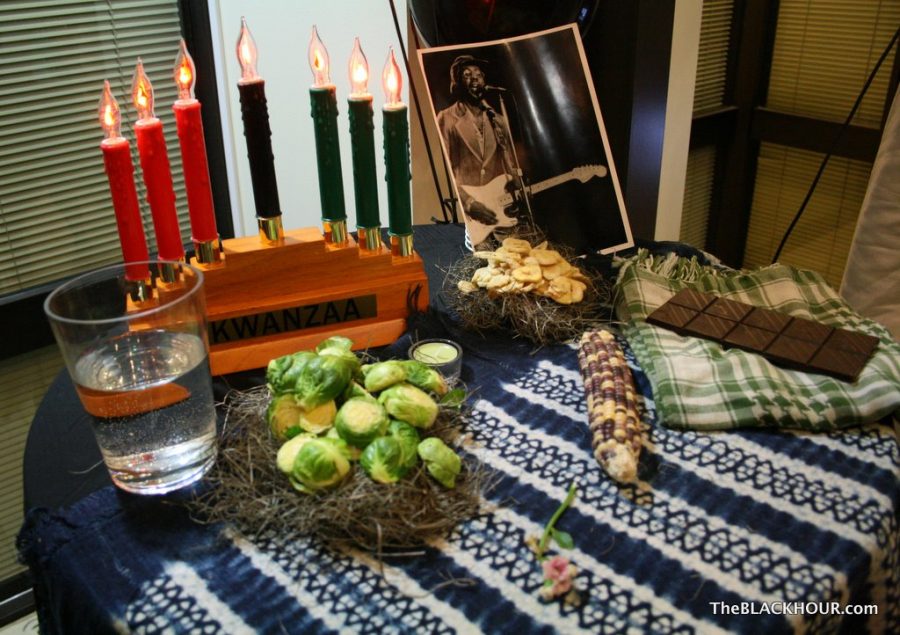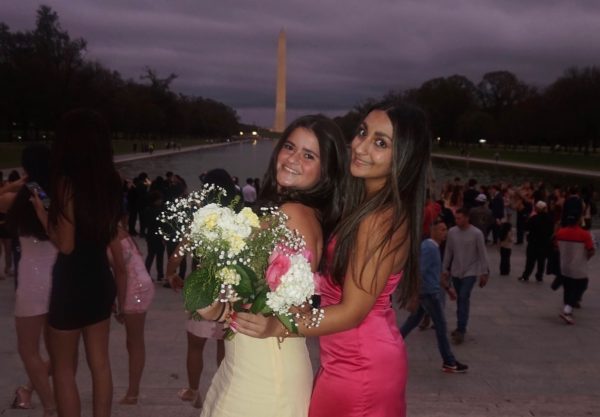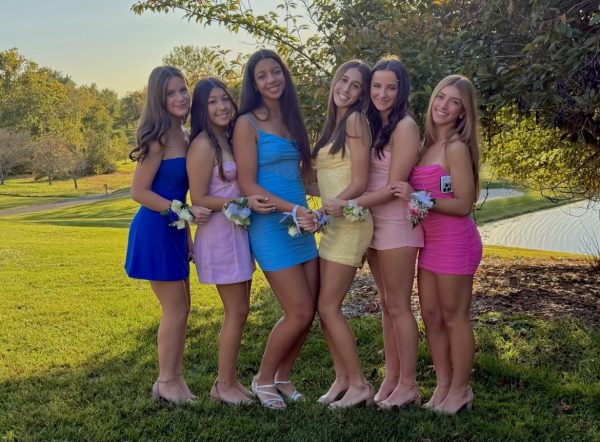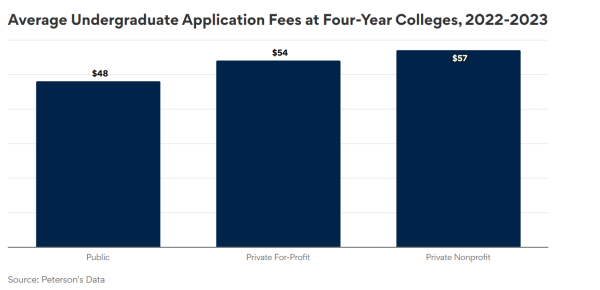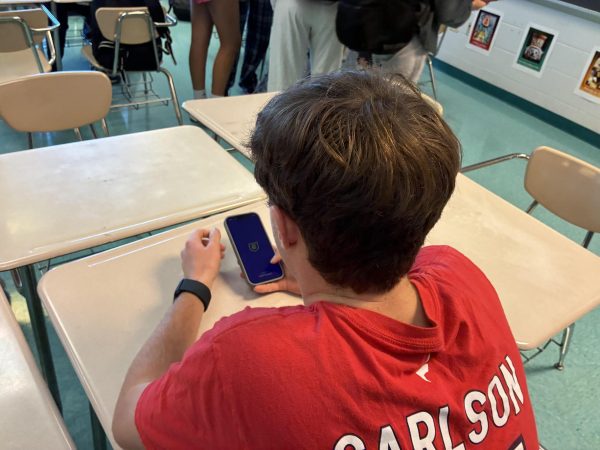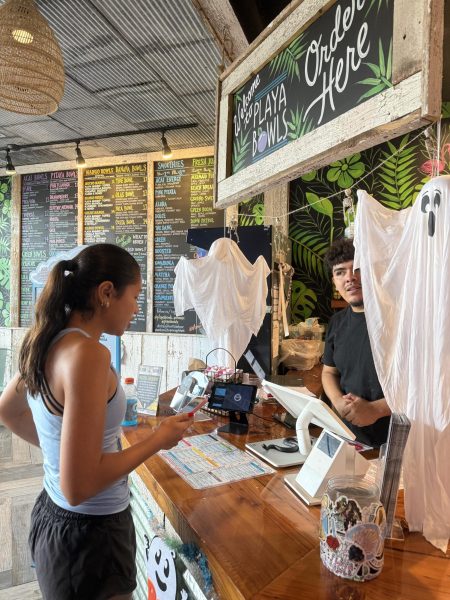Kwanzaa celebrated across the country
A traditional table is set up for the celebration of Kwanzaa.
In 2022, Kwanzaa began on Monday, Dec. 26, and ended on Sunday, Jan. 1, 2023, in the United States. Kwanzaa is a time for families and communities to come together to celebrate African culture and to remember the past .
Created in 1966 by Maulana Ron Karenga, Kwanzaa is an African American and Pan-African holiday that celebrates history, values, family, community and culture. The principles of Kwanzaa are: Umoja (unity), Kujichagulia (self-determination), Ujima (collective work and responsibility), Ujamaa (cooperative economics), Nia (purpose), Kuumba (creativity) and Imani (faith).
Kwanzaa typically culminates in a communal feast called Karamu, usually on the sixth day. It was created by African harvest festival traditions from various parts of West and Southeast Africa. There are seven candles in a kinara (a Swahili word that means candle holder) that symbolize the seven principles of Kwanzaa.
The seven candles represent the Seven Principles (or Nguzo Saba) of Kwanzaa. Red, green, and black are the symbolic colors of the holiday. During the week of Kwanzaa, a new candle is lit on the kinara each day.
A 2015 survey found that 1.9% of those polled planned to celebrate Kwanzaa – about six million people in the United States. During the holiday, families and communities organize activities around the Nguzo Saba (The Seven Principles). Participants celebrate with feasts, music, dance, poetry, narratives and end the holiday with a day dedicated to reflection and recommitment to The Seven Principles and other central cultural values.
American Maulana Karenga created Kwanzaa during the aftermath of the Watts riots as a specifically African-American holiday. Karenga’s goal was to give African Americans and Pan-African an alternative to the existing holiday of Christmas and give African Americans and Pan-African an opportunity to celebrate themselves and their history.
For Karenga, a major figure in the Black Power movement of the 1960s and 1970s, the creation of such holidays underscored the essential premise that you must have a cultural revolution before the violent revolution. The cultural revolution gives identity, purpose and direction.
The name Kwanzaa derives from the Swahili phrase matunda ya kwanza, meaning “first fruits.” First fruits festivals exist in Southern Africa, celebrated in December and January, with the southern solstice, and Karenga was partly inspired by an account he read of the Zulu festival Umkhosi Wokweshwama. It was decided to spell the holiday’s name with an additional “a” so that it would have a symbolic seven letters.
Senior Adriana Cruz wishes to learn more about Kwanzaa and its importance. “We briefly learned about Kwanzaa in school but I wish we learned more about it and how and why it was created,” Cruz said.
It is important to remember during the week of Kwanzaa, families and communities come together to share a feast, to honor the ancestors, affirm the bonds between them and to celebrate African and African American culture. Each day they light a candle to highlight the principle of that day and breathe meaning into the principles with various activities, such as reciting the sayings or writings of great Black thinkers and writers, reciting original poetry, African drumming and sharing a meal of African diaspora-inspired foods. The table is decorated with the essential symbols of Kwanzaa, such as the Kinara (Candle Holder), Mkeka (Mat), Muhindi (corn to represent the children), Mazao (fruit to represent the harvest), and Zawadi (gifts).
Your donation will support the student journalists of Thomas S. Wootton High School. Your contribution will allow us to purchase equipment and cover our annual website hosting costs.
Sasha is a 2023 graduate.


